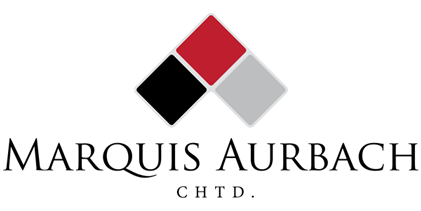When your loved one passes away, you and your family might need to start the probate process. A court reviews the will, if there is one, to make sure it complies with Nevada laws. Once probate is completed, which can take a minimum of six months, only then can you and the other beneficiaries receive your share. That, however, can only happen if funds are left after payment of all taxes and creditor claims. Many probate proceedings last years.
The good news is not everything your loved one owned must go through this process. Some property may transfer directly to the intended recipient without probate. Or a trust might handle distributions.
Probate assets
Any assets that a deceased person owns in their individual name become part of the probate estate. An inventory and record of value must be filed with the court that listed those assets. Examples of assets are:
- Real estate
- Bank accounts
- Vehicles
- Stocks or bonds
- Business interest
What avoids probate?
- Trust: If your loved one tried to avoid assets going through probate, he or she might have created a living trust. The trust takes ownership of the property. Then a trustee distributes the contents to you and any other beneficiaries named in the trust.
- Beneficiary Designation: Accounts that name a beneficiary (aka “pay-on-death”) also avoid probate. These can include checking accounts, investment accounts, retirement accounts and life insurance policies. If you are a beneficiary, you coordinate receipt of your share directly with the financial institution by completing their forms and submitting a death certificate.
- Joint-Tenancy: Assets held in joint tenancy also avoid probate. Common examples are joint accounts between spouses and homes held by spouses as joint tenants.

